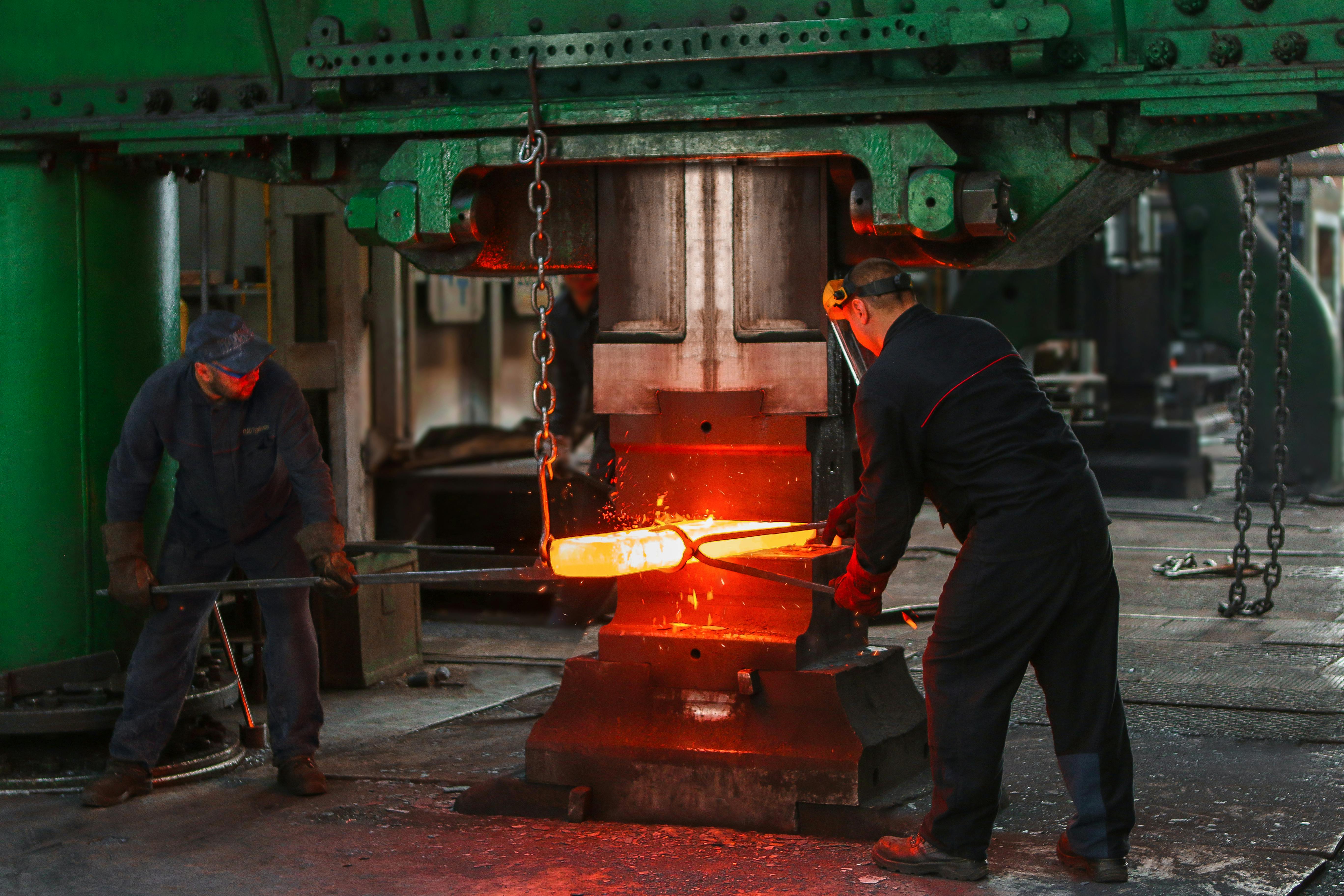What is the interior of Burma really like? Descriptions of the country have often lingered too long on the politics of the country, a heroic leader under house arrest and a resource-rich nation that has regressed over the years due to repressive government. Yet economic activities have been taking place behind the curtain, and to a surprising degree: China alone, for example, has invested $14 billion to date, and the latest reforms promise more development to come.
Aung Thura, chief strategist at Ignite Marketing Communications in Yangon, is no stranger to a changing Burma. Thura has been a part of Burma’s marketing communication landscape since 1996 and has navigated the business environments of various ASEAN markets, leading McCann Erickson’s strategic planning teams in countries including Vietnam, Thailand and Laos. This month Thura da AsianTalks the big picture of your region, and how an ancient Buddhist culture is dealing with these modern times.
A: Could you tell us about your background, where you are from and how you came to work in Burma?
aung: I am Burmese. I grew up there, but when I was very young my father was in the foreign service, so more than half of my life was spent abroad. But there was a large part of my life that I spent in Myanmar.
So I couldn’t decide where it belonged, or what it was, until much later.
Then in 1988 we had a huge student uprising and all the universities closed. That’s when I left Burma on my own, this time to study.
Since then I have been mostly out of the country until 2009, when I decided to return for personal reasons. And there were opportunities in Burma that made me come back.
A: You have worked at McCann Erickson in various capacities as a marketing and communications professional for 15 years. What kind of work is he doing now in Burma?
aung: I left McCann in 2009 and went back to work for a non-profit organization called Populations Services International (PSI) that dealt with many of the diseases that plague Myanmar, but have found that I am a little better suited to the marketing and marketing side. the communications of things. So about six months ago I left PSI and started my own marketing and communications consultancy and have been doing so ever since.
I was also in the hotel business for about 7 years, working in Thailand, then Honolulu, Hawaii where I was studying.
I came back to Myanmar thinking that hotels would open up and that this was the industry I wanted to be in. But politically many things changed, the sanctions arrived and the multinationals withdrew.
So I started looking for something else. Somehow I ended up at McCann in ’96 and stayed in Burma, working for clients like Unilever and Nestle.
A: You have lived in Burma for 3 years. What is a good adjective to describe Burma in 2012, and how is it different from 1996 or any other year when reforms seemed to be on the horizon?
aung: I guess the word would be hopeful, or very hopeful. Because 1996, 1997, we also had hopes there, I also had hopes. But it didn’t go well.
But this time I think a lot of things are in a place where, because the new government has been very accommodating to most Western requests and demands regarding political prisoners.
Another way to answer that question is that I have invested in starting my own business. I have always worked for someone else or in a salaried position. But this time I’m putting money, people and my time. So yeah, the short answer is I’m very optimistic, but right now I’m knocking on wood (laughs).
A: What is one piece of advice you have for the international business community outside of Burma?
aung: Like most developing countries, people are very curious and hopeful, eager to learn and do new things. But what kind of enthusiasm tempers that enthusiasm is that Burma was a closed country, and there were limits to the type of media Burmese could consume, whether online or on television.
In that sense, people are not fully exposed to the more established practices in marketing, sales, or just working in a multinational type office.
So while the Burmese are eager, I think there are a lot of rough edges that multinationals need to grind down or try to clean up. Because even for me, as a Burmese citizen, it is extremely difficult to find experienced people in our marketing and communications category. All I can do is hire people with the right attitude and hope they have the ability to learn.
A: But overall, would you say that working as a Burmese returnee is a positive experience?
aung: Positive experience in terms of, you know, meeting other Burmese and working with them, and that’s great. That was my original reason for working with the public health nonprofit, and they know I really wanted to do something for people. The only thing was that the cultural fit didn’t work for me.
A: How open is Burma right now?
aung: Burma was a totalitarian government until very recently, a repressive government in that sense. However, in the many years since socialism, all the periods that I have been in and out of the country, there were some moments when I felt threatened by the authorities, immigration, police and customs officers. And beyond casual comments with friends or strangers, I wouldn’t be talking about politics.
In that sense, I have stayed away from politics and as a result have been freely in and out of the country, seeing my parents, visiting and traveling around Burma as a tourist.
A: Burma is, in general, a Theravada Buddhist country. How does the religious outlook of the Burmese affect progress and development?
aung: Well, it’s not necessarily like the caste system, or the Confucian system where you stick to your own class or social stratum. It is the core of the Buddhist teaching. We must be content and be happy with what we have in life. Because it’s something like what Yoda said in Star Wars (laughs): “Hate leads to anger. Anger leads to the dark side.”
The noble truth of Buddhism is that you have to get rid of those needs and desires. And when you get rid of them, or try to minimize them, then that’s when you’re really free, and I kind of understand that, because when I’m really motivated, or really want to go find something, as a Buddhist, and as a Burmese, I feel like , oh, okay, I’m pushing it a bit. But for the rest of the Burmese, I think they follow the dogma too literally. They might say, “Okay, I’m poor. I earn 100 dollars a month, and this is my lot in life, and all I can do in this life is do good deeds, so that in my next life I’ll be born someone a bit better, richer, more beautiful or respected”. So that is a second, more literal interpretation of the teaching.
I think in The Irrawaddy a Western columnist wrote an article, basically saying that it is a perfect situation for the authoritarian government of Burma because the Burmese feel that it is their lot in life and therefore they should not push too hard. There’s some truth to it, but my interpretation is that, well, you know, if I do good, good things will happen, and yes, because I have needs and wants, I will suffer, but in a way it’s a price I’m willing to pay. pay, at the price of being successful or doing things. That is my interpretation.



